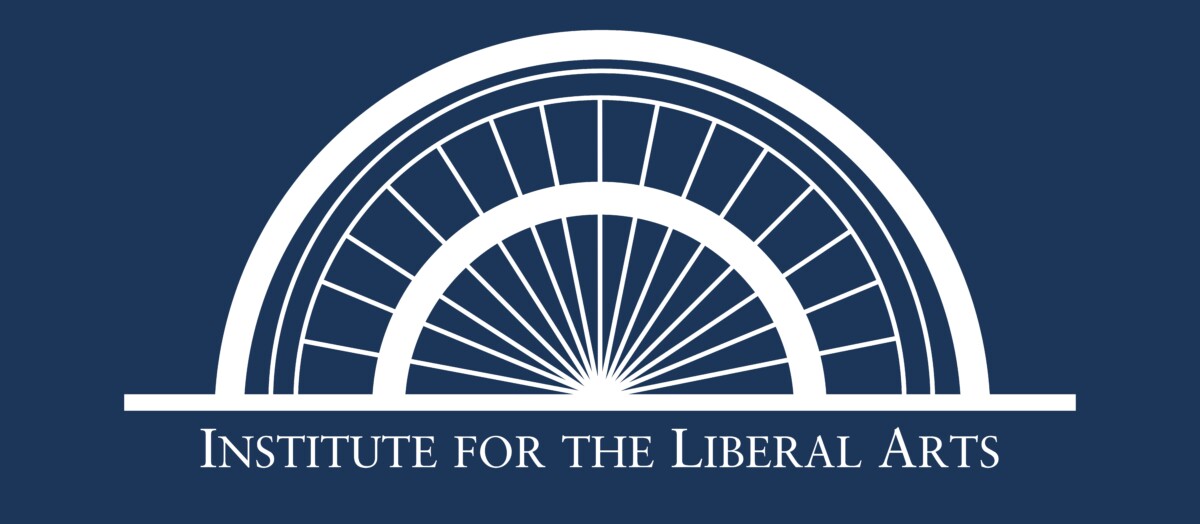“Atnafasy! Atnafasay…. Yalla, Adfa3ee!” These Arabic phrases echoed in the delivery room, creating an intriguing rhythmic tone that aligned with the beeps coming from the hospital machines. In a room bustling with healthcare professionals, only the grandmother and I engaged in this back-and-forth dialogue, encouraging the mother-to-be on the hospital bed to continue pushing.
As the machines beeped and tension filled the air, I found myself reciting what felt like a chant or pep talk. The grandmother, sensing the gravity of the situation, raised her hands in prayer. In the midst of this, a soon-to-be mother prepared for childbirth, and I, unexpectedly, became the conduit between medical jargon and family understanding.
How did I end up here?
Volunteering as a labor support volunteer often means signing up for more than you expect. The 5-hour training at Emory nursing school covered the basics – stages of birth, different pregnancy phases, cultural sensitivity, and even educational videos of live births. I walked in anticipating a medically focused experience, similar to nursing or midwifery—but to my surprise, the role unfolded into much more than just that. As a labor support volunteer, you were to be paired with a pregnant refugee mother. Your responsibilities involved not only accompanying her to prenatal appointments but also offering translation whenever possible and advocating for her medical preferences. More importantly, the labor support volunteer would have to advocate for the mother in the hospital during the labor.
But with my partner, it went beyond just transportation and translation—we chatted during the car drives to her appointments, watched TikToks together in waiting rooms, and shared coffee at her home after appointments. The title “Labor Support Volunteer” hardly does the experience justice.
Speaking Arabic added an extra layer to the experience, fostering a deeper connection with mothers like Lana from Syria. Going to Lana’s house felt like stepping into a second home, surrounded by Moroccan couches, Persian rugs, and vibrant red curtains.
Layout of coffee, apricot juice, prenatal vitamins, biscuits, surrounded by persian carpeting and moroccan couches.
I became acquainted with her family, sharing in all their delights – from Arabic coffee to basboosa, a traditional Arab dessert I’d always craved. It was as if I had become a close family friend, always ensured to be well-fed—they would never allow me to leave without a finished plate!
The ambiance was completed by their five outdoor kittens, greeting me with the kindest eyes.
As I fed the cats leftover food, I would speak in Arabic with Lana, her mother-in-law, and her sisters about memories of Syria and the yearning for home, interspersed with discussions about Lana’s pregnancy. This unique experience, unlike any other, allowed me to work with patients longitudinally, proving to be invaluable on the day of Lana’s birth.
One early morning, after taking Lana to her prenatal appointment, I had expected to return her home and quickly drive to campus ready for my first lecture of the day. Fate had other plans: we received unexpected news from the doctor – she was in labor! Aware of her birth plan, I immediately drove her from the clinic to the downtown hospital, doing my best to maintain composure. When questioned about why I was accompanying her, Lana interrupted, stating that I was her friend. More than a labor support volunteer, more than an interpreter, I had become a friend to Lana.
The 12-hour procedure unfolded with communication with nurses and doctors, along with shared jokes with Lana’s mother and her husband. Throughout this challenging journey, particularly for Lana as a first-time mother, I improvised translations for terms like “contractions” and “push.” Finally, at around 10:00 PM, a baby girl was born, and Lana’s grandmother insisted I stay until I had tried her freshly cooked shawarma sandwiches.
It was more than a job; it felt like home, like being part of my family from the Middle East. These stories opened my eyes to the real experiences of refugee women, shedding light on the challenges they face in accessing healthcare. As I started feeling like a member of their family, it sparked a curiosity in me to dive into the cultural aspects of family and parenthood within refugee identities. This newfound perspective is pushing me to explore more about the human right to fertility for refugees, not just as an academic pursuit but as a way to understand and advocate for the people I’ve come to know and care for.
My personal journey with Lana and her family has inspired a broader quest—to understand, empathize, and amplify the voices of refugee women in their pursuit of motherhood. As I relate back to my research, this experience has illuminated the importance of human connection, family dynamics, and cultural understanding in addressing the barriers that refugee women encounter in their healthcare journeys. Through these narratives, I hope to contribute to a larger conversation on reshaping healthcare systems to be more inclusive, compassionate, and responsive to the diverse medical needs of refugee communities in America.

Thank you for sharing such a heartfelt and impactful experience as a labor support volunteer. Your storytelling beautifully captures the connection and trust that developed between you and Lana, going beyond the expected roles of translation and support. It’s inspiring to see the genuine friendships formed in the midst of such significant moments. Your unique perspective sheds light on the depth of human connections, even in unexpected places.
Warm regards,
Latif